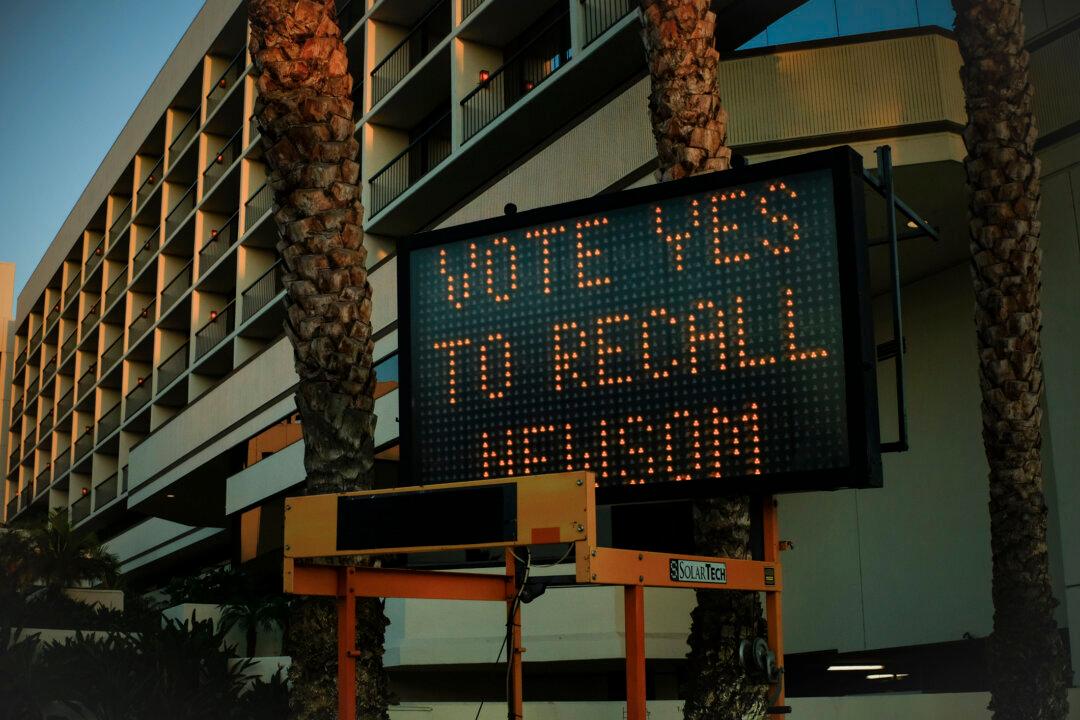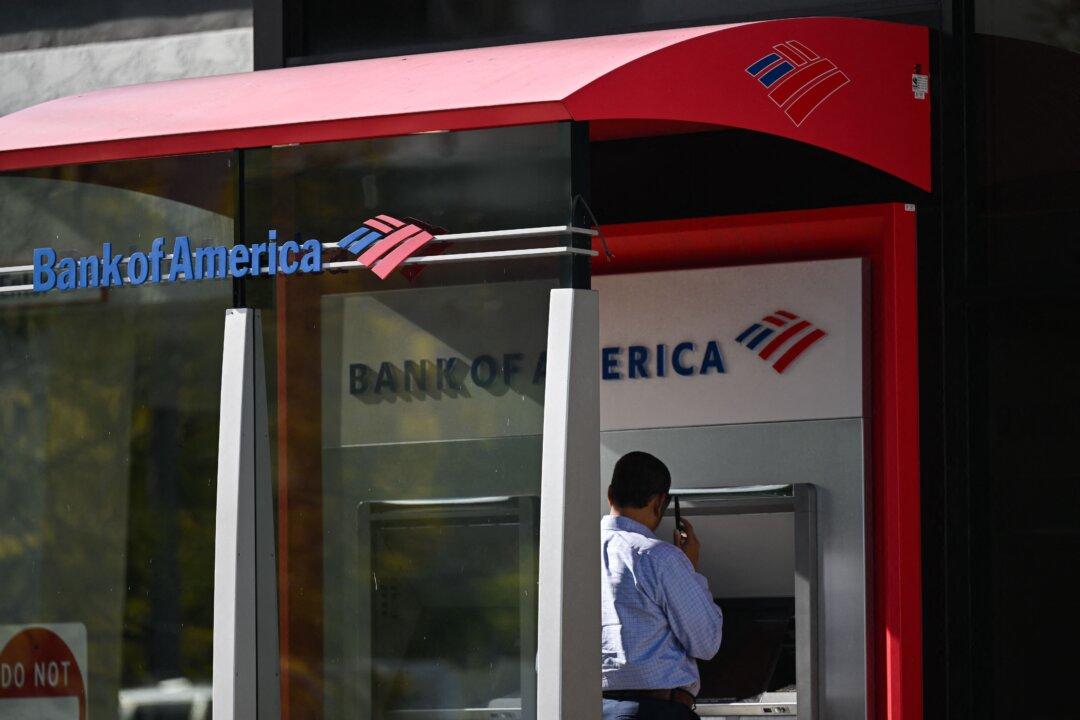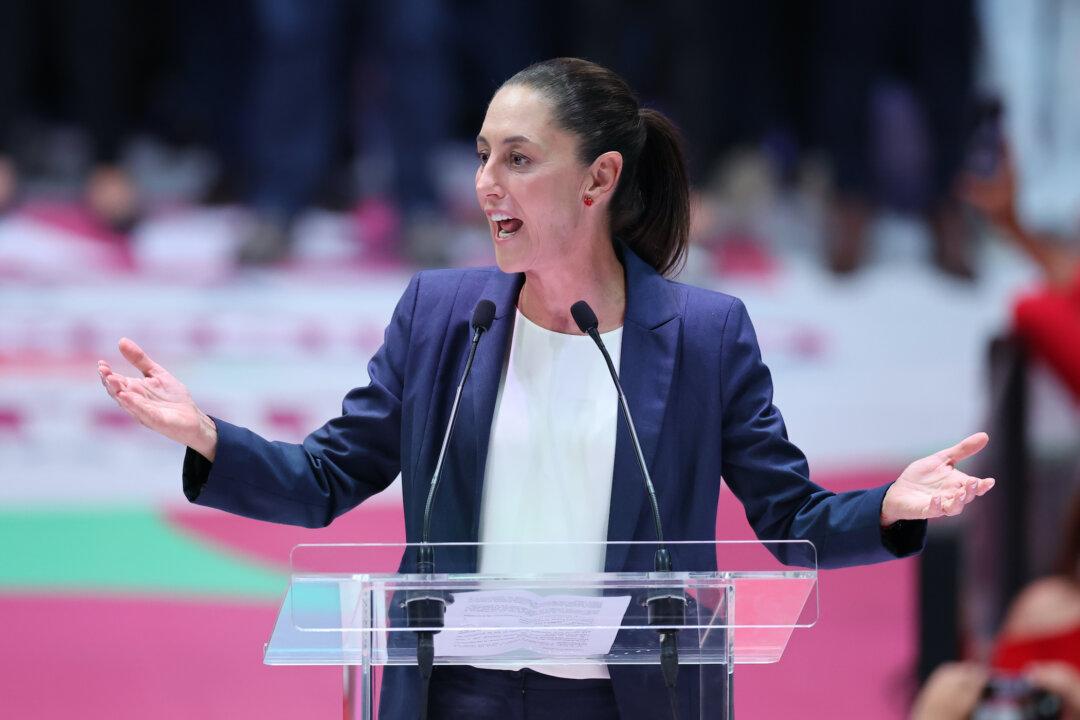Commentary
One of the themes I have advanced in my Epoch Times articles is the importance of retaining the recall process as it already is. As Gov. Hiram Johnson explained when he advanced his 1911 reforms, which the people of California approved: “I do not by any means believe the initiative, the referendum, and the recall are the panacea for all our political ills, yet they do give to the electorate the power of action when desired, and they do place in the hands of the people the means by which they may protect themselves.”





